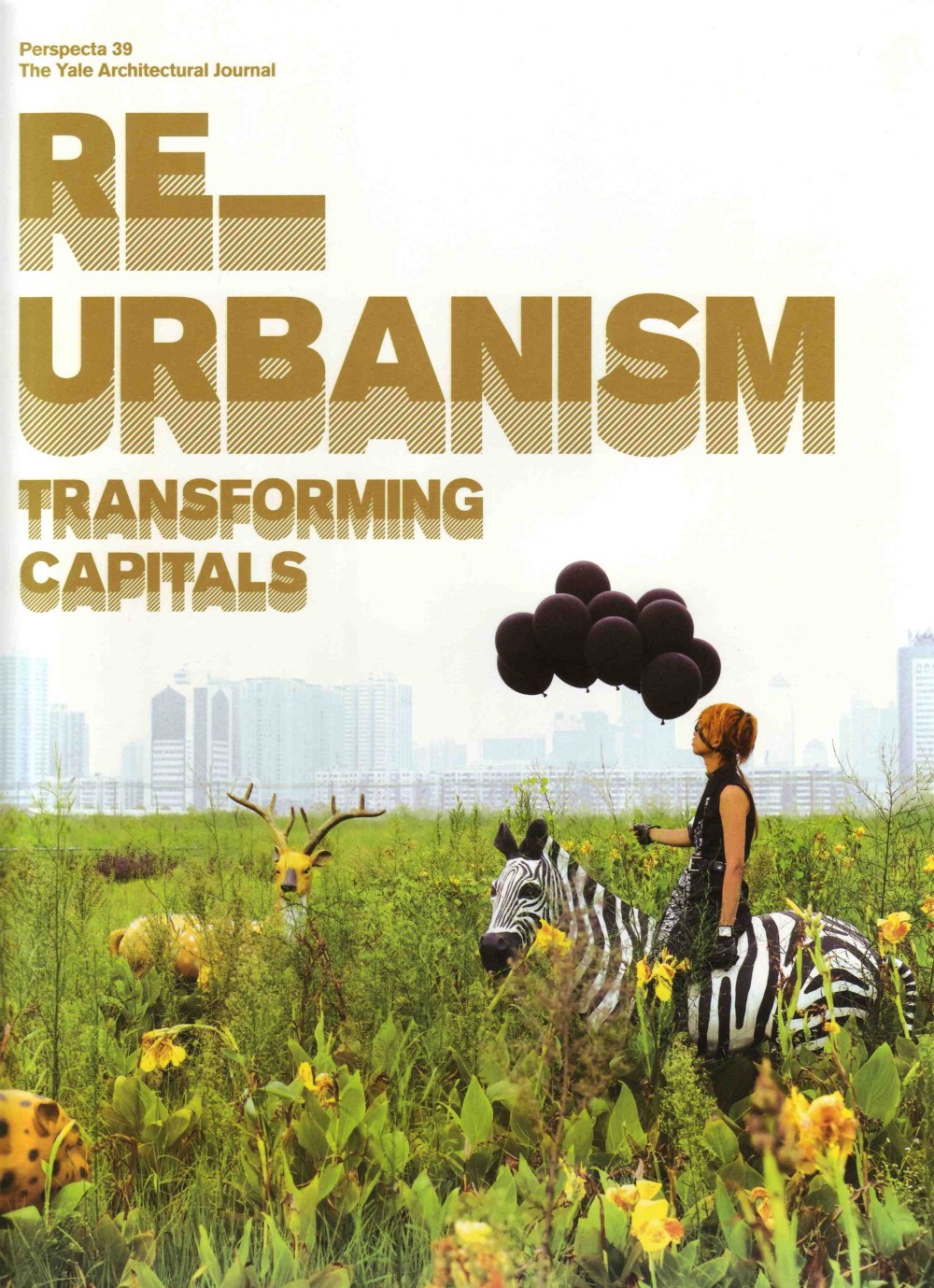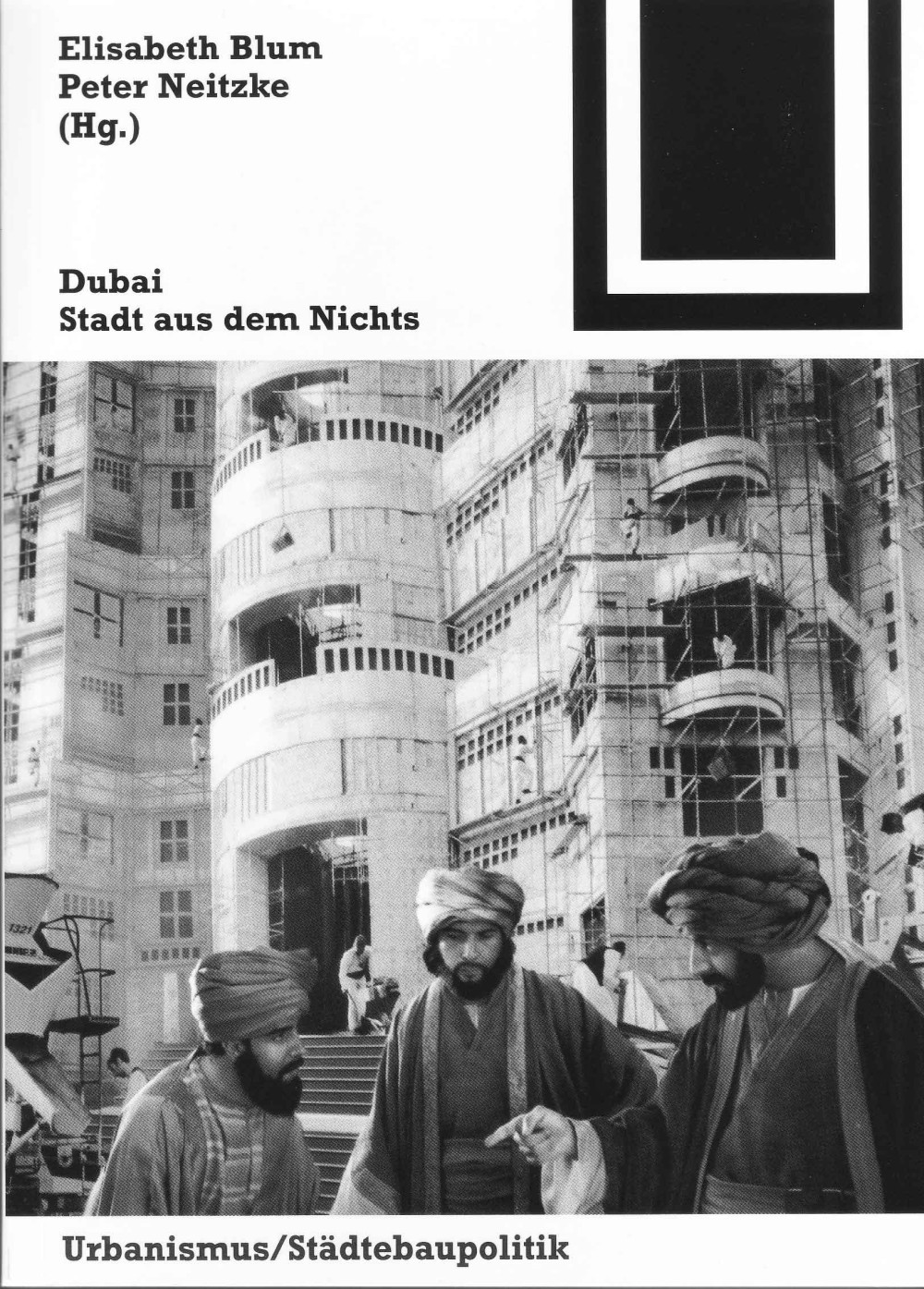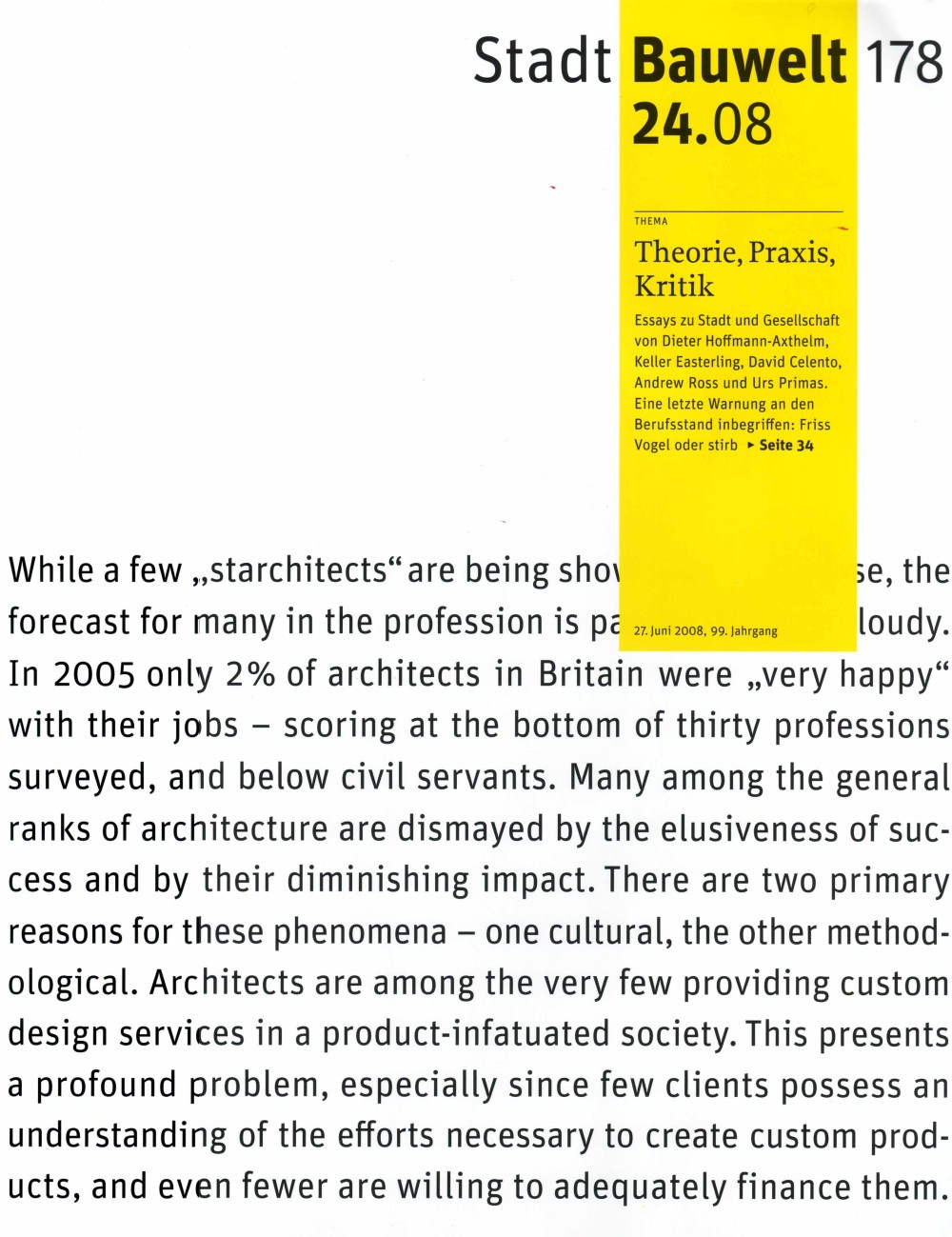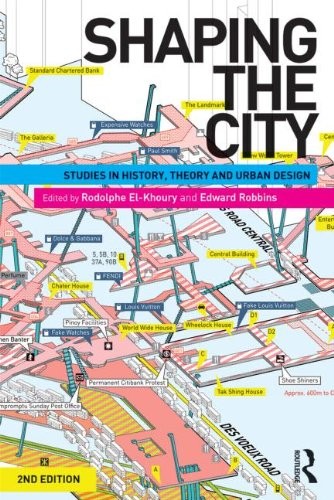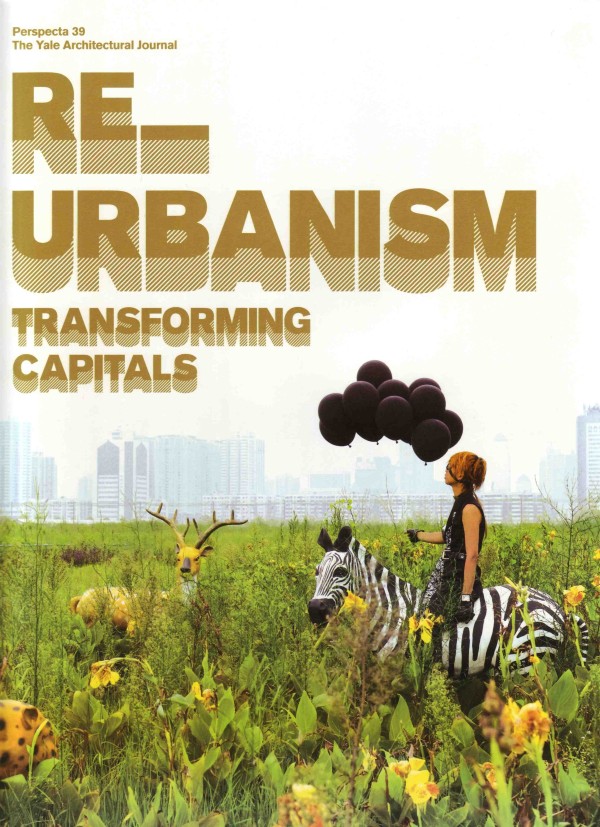Extrastatecraft: Dubai
Kanu Agrawal, Melanie Domino, Brad Walters eds., Perspecta 39, Re_Urbanism: Transforming Capitals — 2007
Download Full Article (PDF)
Reprinted as “Stadtstaatskunst,” in Elisabeth Blum and Peter Neitzke eds., Dubai: Stadt aus dem Nichts (Berlin: Birkhauser Verlag, 2009).
Excerpted and updated as “World City Double,” in Roldolphe El-Khoury and Edward Robbins, ed., Shaping the City: Studies in History, Theory and Urban Design (Routledge, 2013).
Dubai. The hot spot where adventurers play the world’s most dangerous games of gold, sex, oil, and war.
Dubai. A wild, seething place in the sunbaked sands of Arabia, where billion-dollar carpetbaggers mix explosive passions with oil. And exotic pleasures pay fabulous dividends.
Whores, assassins, spies, fortune hunters, diplomats, princes and pimps—all gambling for their lives in a dazzling, billion-dollar game that only the most ruthless and beautiful dare to play.
—jacket copy from Dubai, by Robin Moore, author of the The French Connection
In 1976, after The Green Berets, The French Connection and several other global intrigues, Robin Moore published a novel titled Dubai. The novel opens in 1967. Fitz, the monosyllabic hero and American intelligence officer, is fired over his pro-Palestinian/anti-Semitic remarks that appear in the press just as the Six Day War is launched. Dubai, like the not-yet-middle-aged protagonist, is still fluid and unsettled. It is still a place where adventures and deals are flipped and leveraged against each other to propel small syndicates to fame and fortune. Fitz quickly scales a succession of events in the UAE’s history during the 1970s. He arrives when a handful of hotels and the new Maktoum Bridge across Dubai Creek are among the few structures that appear in an otherwise ancient landscape, one that has changed very little in the centuries that Dubai has been an entrepôt of gold trade and a site for pearl diving. Just on the brink of Sheikh Rashid’s plans for an electrical grid, the air-conditioning in Fitz’s Jumeirah beach house must struggle against the 120 degrees and 100 percent humidity by means of an independent generator. The story proceeds by moving in and out of air-conditioning, syndicate meetings, and sex scenes in the palaces of the Sheikh or in hotel cocktail lounges between Tehran, Dubai, and Washington. The tawdry glamour of tinkling ice and Range Rovers is frequently interrupted for a number of rough and tumble adventures that are evenly distributed throughout the book. The discovery of oil has already propelled the development of the Trucial States (states that have made maritime truces with the original oilmen, the British).
Fitz’s first escapade uses the old gold economy to capitalize on the new oil and real estate economy. The syndicate’s dhow (the traditional vessel on the creek) is souped up with munitions and technology that Fitz has illegally stolen from the American military. Dubai is an old hand at smuggling, or what it likes to call “re-export,” during embargoes or wars that are always available in the Gulf. Shipping gold to India usually involves armed encounters in international waters. The dhow’s U.S. military equipment vaporizes the Indian ships, thus trouncing piracy and resistance to the free market. Fitz plunders enough money to bargain with the sheikh for shares of an oil enterprise in Abu Musa, an island in the Gulf halfway between Dubai and Iran. He has enough money left over to finance a saloon, equipped with old CIA bugging devices and an upstairs office with a one-way viewing window. From this perch Fitz entertains the growing number of foreign businessmen who are laying over in Dubai and the growing number of Arab businessmen who want to see and approach Western women. He continues in his plot to become a diplomat to the new independent federation of Trucial territories, the United Arab Emirates, to be established in 1971.
Fitz (like Dubai) gets things done. With a wink and a nod Sheikhs and diplomats reward him. He even manages to single-handedly crush a communist insurgency in the desert. (Most Robin Moore novels fight the old Cold War fight, although his most recent forays take on the new devil: terrorism.) In the novel, America’s heroic Cold War deeds in the Gulf have made us simple lovable heroes with both naughtiness and vulnerability. Fitz wisely realizes that most political activities are not vetted through recognized political channels. In Dubai, the naughty hero formula even goes one dyspeptic step further in engineering sympathy for the character and happily signally the end of the novel: Fitz hurts his leg fighting the insurgency. Despite his wounds and even though he has contributed a suitcase full of money in campaign contributions, he doesn’t get the ambassadorship. He is unfairly tainted with the centuries of regional piracy and the only too recent hotel-bar intrigues. Nevertheless, Fitz gets the girl in the end, the daughter of a diplomat living on the Main Line in Philadelphia, and they begin to plan their middle-aged life “on the creek” in Dubai.
